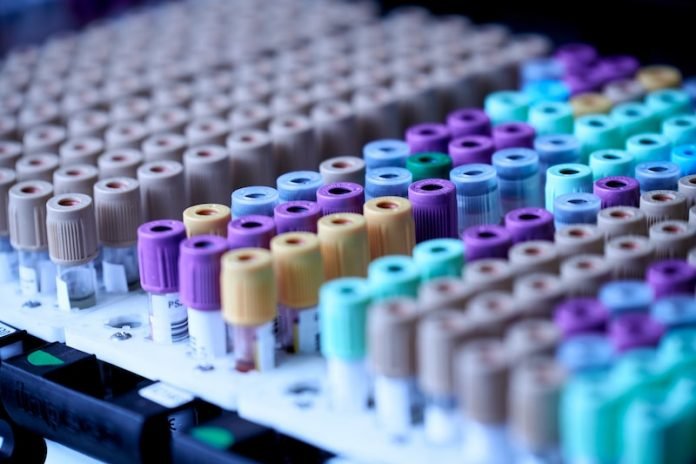
In a new study, researchers developed a new saliva-based test and found it could accurately detect the presence of antibodies to SARS-CoV-2, the virus that causes COVID-19, from small samples of saliva.
Such tests, the results of which can be obtained in a matter of hours, are seen as potential alternatives to blood-sample antibody tests for research and clinical use.
The research was conducted by a team at Johns Hopkins Bloomberg School of Public Health and elsewhere.
The pandemic spread of the COVID-19 virus has officially caused over 67 million infections and more than 1.5 million deaths worldwide.
Many researchers suspect that the actual spread of the virus has been much more extensive, but that and many other questions about the pandemic’s extent and dynamics have so far been difficult or impossible to answer specifically.
A relatively quick, inexpensive, noninvasive, and highly accurate antibody test could make such research much easier, however.
The new test is based on multiple fragments, or “antigens,” from the SARS-CoV-2 coronavirus, mostly from its outer spike and nucleocapsid proteins.
In the study, the researchers found that their test detected antibodies to several of these antigens in saliva samples from all 24 participants who had confirmed SARS-CoV-2 exposure and whose symptoms had begun more than two weeks prior to the test.
The test also reliably yielded negative results for saliva samples that had been collected from people prior to the COVID-19 pandemic.
The team says if the new saliva-based assay’s accuracy is borne out in larger studies, this noninvasive approach could make it easier to identify, at a population level, who has already had a COVID-19 infection and where gaps in seropositivity remain heading into the winter and beyond.
This could inform targeted vaccination efforts and, after vaccines start to roll out, help figures out how long vaccine-induced antibodies last—all without repeated, invasive blood draws.
One author of the study is Christopher D. Heaney, Ph.D., MS.
The study is published in the Journal of Clinical Microbiology.
Copyright © 2020 Knowridge Science Report. All rights reserved.



